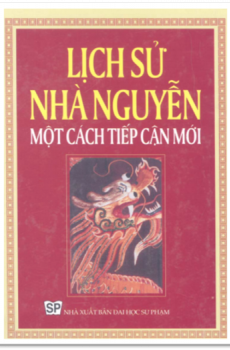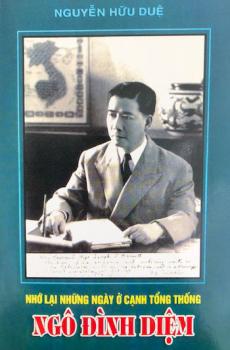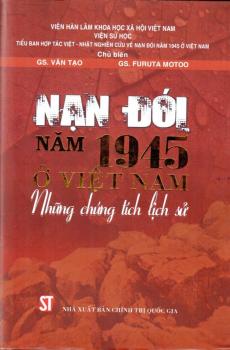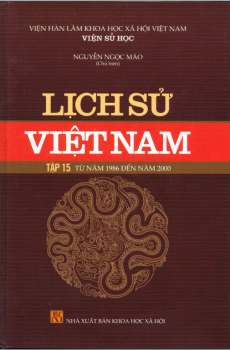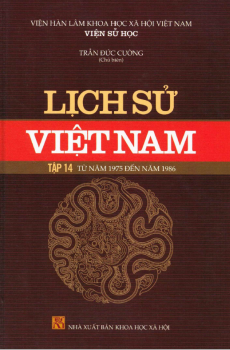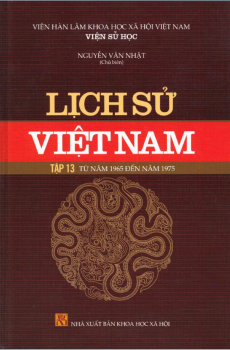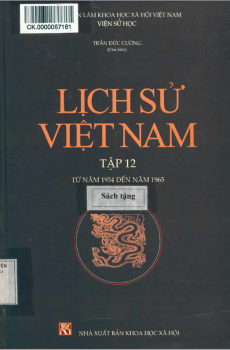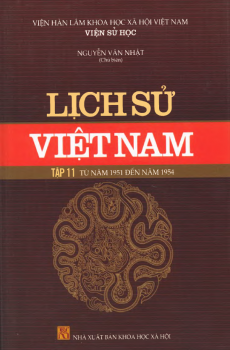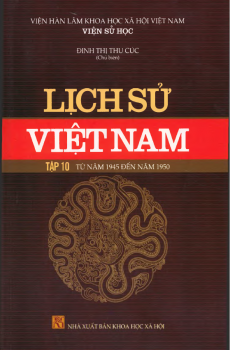Parker's Second Reader
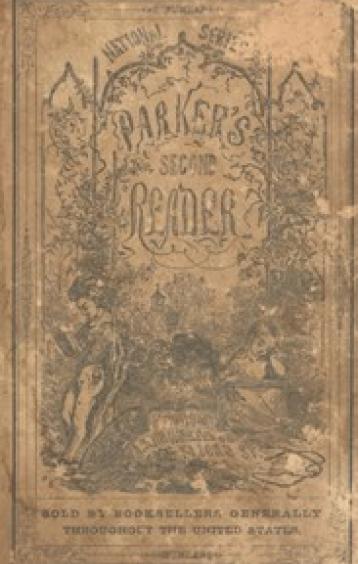
Parker's Second Reader
Log in to download this book.
| Publisher | The Project Gutenberg EBook |
|---|---|
| Accessible book producer | Public domain |
| Published year | 2005 |
| Coppy right | The Project Gutenberg EBook |
*** START OF THIS PROJECT GUTENBERG EBOOK PARKER'S SECOND READER ***
Produced by PM Children's Library, Emmy and the Online Distributed Proofreading Team at http://www.pgdp.net (This file was produced from images generously made available by The University of Florida, The Internet Archive/Children's Library)
In School PARKER'S SECOND READER.
NATIONAL SERIES OF SELECTIONS FOR READING; ADAPTED TO THE STANDING OF THE PUPIL.
BY RICHARD G. PARKER, A.M.
PRINCIPAL OF THE NORTH JOHNSON SCHOOL, BOSTON; AUTHOR OF "AIDS TO ENGLISH COMPOSITION," "OUTLINES OF GENERAL HISTORY," "THE SCHOOL COMPEND OF NATURAL PHILOSOPHY," ETC.
PART SECOND. DESIGNED FOR THE YOUNGER CLASSES IN SCHOOLS, ACADEMIES, &c. "Understandest thou what thou readest?"—Acts 6:30.
NEW YORK:
A.S. BARNES & BURR, 51 & 53 JOHN STREET.
SOLD BY BOOKSELLERS, GENERALLY, THROUGHOUT THE UNITED STATES.
Entered according to Act of Congress, in the year Eighteen Hundred and Fifty-one,
By A.S. BARNES & CO.,
In the Clerk's Office of the District Court of the Southern District of New York.
STEREOTYPED BY HOBART & ROBBINS; NEW ENGLAND TYPE AND STEREOTYPE FOUNDRY, BOSTON
PREFACE.
In the preparation of this volume, I have kept fresh in my recollection the immature state of the minds which I have endeavored to enlighten; and while it has been my aim to present such a succession of reading lessons as are suitable for the younger classes in our common schools and academies, I have not forgotten that the first step to be taken, in making good readers, is to open the understanding wide enough to afford a sufficient entrance for the ideas which are to be communicated by reading. Words are but sounds, by which ideas should be conveyed; and written language is of little use, if it convey but sound alone. Great pains have therefore been taken to exclude from this volume what the young scholar cannot understand, while, at the same time, it has been the aim of the author to avoid a puerile style, by which the early intellect is kept down, and its exertions are repressed. In every step and stage of its progress, the maxim "Excelsior" should be the aim of the youthful mind; and the hand of the teacher should be extended, not to lift it up, but only to assist it in its endeavors to raise itself. All of the labor must not be done by the teacher, nor by books. They are of use only in exciting the mind to act for itself. They may, indeed, act as pioneers, but the pupil must not be carried in their arms; he must perform the march himself. And herein lies the great difficulty of the teacher's task: on the one hand, to avoid the evil of leaving too little to be done by the scholar; and, on the other, to be careful that he be not required to do too much. Real difficulties should be lightened, but some labor should be permitted to remain. To make such labor attractive, and easily endured without discouragement, is the task which best shows the tact and skill of the teacher. If this volume be found useful in aiding the teacher, by doing all that should be required from the book, the design of the author will be accomplished.
R.G.P.
Kneeland Place,
May, 1851.
CONTENTS.
The Author's Address to the Pupil.
1. I present to you, my little friend, a new book, to assist you in learning to read. I do not intend that it shall be a book full of hard words, which you do not understand.
2. I do not think it proper to require children to read what they cannot understand. I shall, therefore, show you how you may understand what is in this book, and how you may be able, with very little assistance from your teacher, to read all the hard words, not only in this book, but also in any book which you may hereafter take up.
3. But first let me repeat to you a saying, which, when I was a little boy, and went to school, my teacher used to repeat to me. He said that any one might lead a horse to the water, but no one could make him drink. The horse must do that himself. He must open his own mouth, and draw in the water, and swallow it, himself.
4. And so it is with anything which I wish to teach you. I can tell you many things which it will be useful for you to know, but I cannot open your ears and make you hear me. I cannot turn your eyes so that they will look at me when I am talking to you, that you may listen to me. That, you must do yourself; and if you do not do it, nothing that I can say to you, or do for you, will do you any good.
5. Many little boys and girls, when their teacher is talking to them, are in the habit of staring about the school-room, or looking at their fellow-pupils, or, perhaps, slyly talking to them or laughing with them, when they ought to be listening to what their teacher is saying.
6. Others, perhaps, may appear to be looking at their teacher, while, at the same time, they are thinking about tops and marbles, or kites and dolls, and other play-things, and have no more idea of what their teacher is saying to them than if he were not in the room.
7. Now, here is a little picture, from which I wish to teach you a very important lesson. The picture represents a nest, with four little birds in it. The mother bird has just been out to get some food for them. The little birds, as soon as their mother returns, begin to open their mouths wide, and the mother drops some food from her bill into the mouth of each one; and in this manner they are all fed, until they are old enough to go abroad and find food for themselves.
Birds
8. Now, what would these little birds do, if, when their mother brings them their food, they should keep their mouths all shut, or, perhaps, be feeling of one another with their little bills, or crowding each other out of the nest?
9. You know that they would have to go without their food; for their mother would not open their mouths for them, nor could she swallow their food for them. They must do that for themselves, or they must starve.
10. Now, in the same manner that little birds open their mouths to receive the food which their mother brings to them, little boys and girls should have their ears open to hear what their teachers say to them.
11. The little birds, as you see in the picture, have very large mouths, and they keep them wide open to receive all the food that their mother drops; so that none of their food ever falls into the nest, but all goes into their mouths, and they swallow it, and it nourishes them, and makes them grow.
12. So, also, little boys and girls should try to catch, in their ears, everything that their teacher says to them, and keep it in their minds, and be able to recollect it, by often thinking about it; and thus they will grow wise and learned, and be able to teach other little boys and girls, of their own, when they themselves grow up.
13. Now, my little friend, please to open your eyes and see what I have put into this book for you, and open your ears to hear what your kind teacher has to say to you, that your minds may grow, and that you may become wise and good children.



